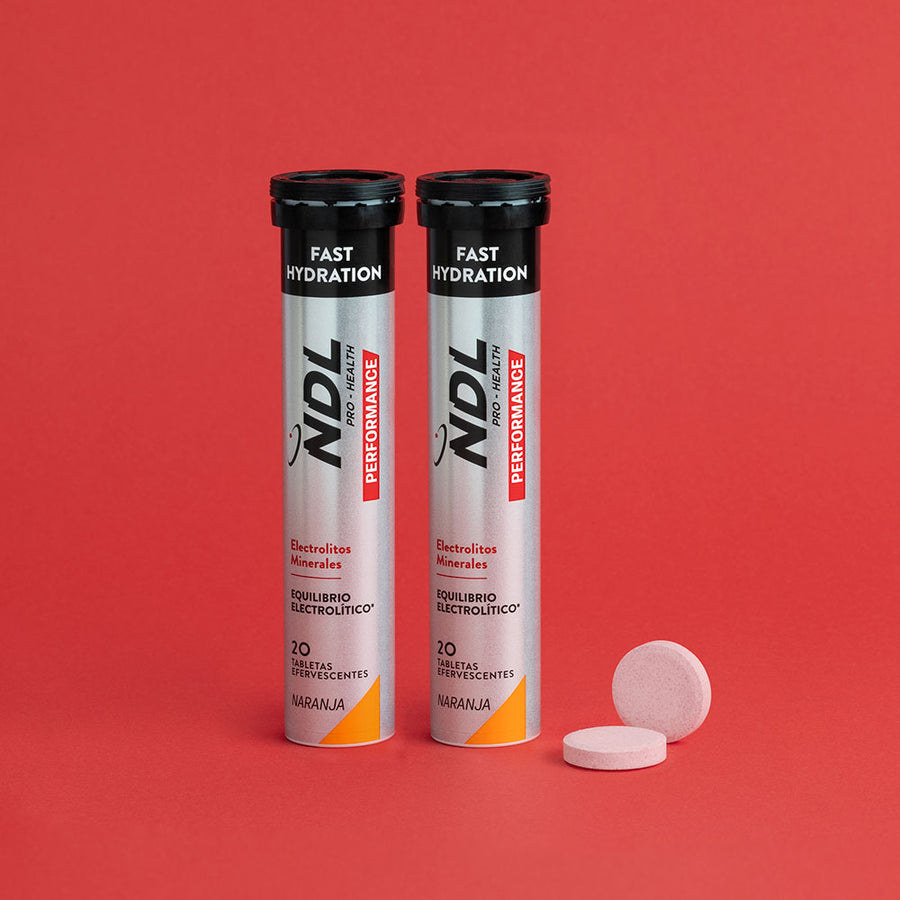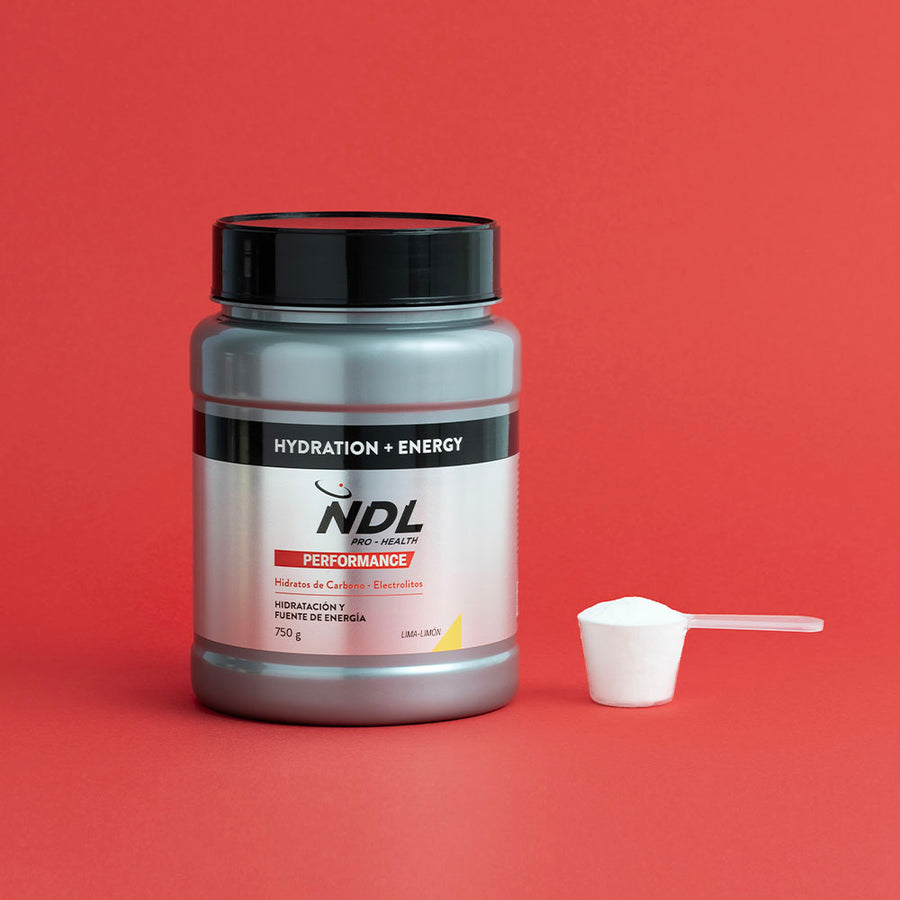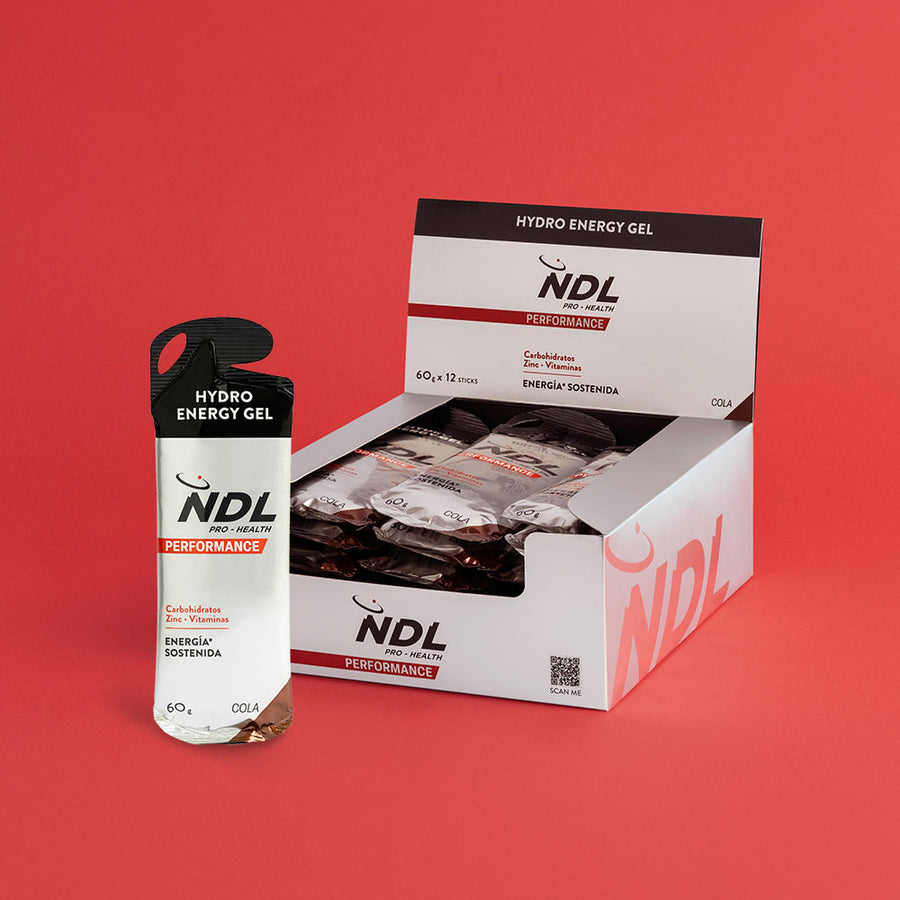Featured Products
Nowadays, most athletes know the importance of replenishing fluids during exercise, but sometimes, we do not know which of the options offered by the market to choose and we can fail. Something that can take its toll and ruin our training or competition.
Many athletes choose gels with small containers for their ease of transport, but you should know that many of these products are not digested very well and some digestive training is necessary to assimilate them correctly and avoid unpleasant surprises. Be careful with this.
Aware of the existing doubts, in this post we are going to talk about the best drinks for hydration so that you can enjoy the best hydration before, during and after physical exercise.
What are hydration tablets and how do they work?
Another option, much more interesting, are hydration pills or tablets. The good thing about this type of solution, besides being great for its easy transport, is that you can make sure you get everything you need, take it anywhere and mix it with water to have your ideal hydration drink.
The first choice for any person should always be water, but when it comes to long duration training, endurance sports on foot or bike, outdoor activities or any training in hot and humid weather conditions, water may not be enough.
You can also consume this type of hydrating beverages if you are not an athlete, especially those that provide a low amount of calories but still provide potassium, sodium and antioxidants. This is recommended especially after periods of illness or to replenish and hydrate the body.
Before choosing the best sports drink, you should take into account some questions that we are going to explain in this article. Most drinks have a number of elements in common, what you should take into account is the quantity and proportion of its elements.
- Sodium is the only electrolyte that added to beverages consumed during exercise provides physiological benefits. A sodium concentration of 20 to 50 mmol/L (460-1150 mg/L) stimulates maximum water and carbohydrate delivery to the small intestine and helps maintain extracellular fluid volume. This compound is very important, especially in hot and humid climatic conditions because it helps us to retain fluids.
- Potassium helps to achieve adequate rehydration (optimizes water retention), something very important to keep in mind since the fact of "retaining" liquids in the body without having to drink too much is key to avoid discomfort and continue performing at the highest level.
- Carbohydrates: here is a fundamental recommendation, the amount of carbohydrates has a limit that we should not exceed and this limit is 60 g/h.
- Antioxidants: their presence in sports drinks is not essential, although they can help recovery after exercise, keep them in mind.
- Proteins: the ideal compound to add to a sports drink would be whey. Another alternative is to provide only serum lactoproteins, i.e. whey without lactose (for lactose intolerant people), although for endurance athletes this is not the most common option.
- Iron, magnesium and zinc: are elements that help reduce tiredness and fatigue, in addition to helping the normal functioning of muscles and muscle contraction and protein synthesis (zinc). Something to take into account when choosing the best sports drink.
- Fats: it is not advisable to include fats in replacement drinks, due to the caloric increase they represent and the decrease in the gastric emptying rate they entail, which can generate a feeling of heaviness and make us feel uncomfortable.
Best Drinks for Hydration during training
When choosing the best drink for hydration, you should take into account the type of sport, the duration of the activity, the weather conditions and your own body.
When to drink water?
Especially in activities of short duration, less than 45-60 min, where there is not a high temperature that causes a greater loss of liquids through sweating and where the intensity of the activity is light to moderate.
When to drink sports drinks?
Within this range, the moisturizing tablets provide electrolytes and mineral salts focused on providing optimal hydration that contributes to the reduction of fatigue and prevents the onset of fatigue.
The main benefits of consuming hydration tablets are:
- Rapid absorption and supply of sodium, potassium and magnesium, key to prevent muscle fatigue.
- Improved hydration: as they are made with water, they ensure the ideal and easily absorbed hydration we need during physical activity.
- Support during recovery: thanks to its contribution in electrolytes will help you to a better and faster recovery.
- Portability and convenience: The hydration tablets are easy to carry and can be taken anywhere with a water bottle.
Factors to Consider When Choosing Training Drinks
- When drinking more than 1 liter per hour, intestinal discomfort may occur.
- The maximum amount of glucose to be supplied during sports practice is 8% in a 1200 ml drink for one hour.
- There are slight arguments in favor of using polysaccharides (maltodextrin) because of the lower increase in osmolality they produce, along with glucose and fructose. The ACSM recommends that the beverage should have a high glycemic index (better yet, a high glycemic load) and argues that the greatest utilization of carbohydrates is achieved by a mixture of carbohydrates (e.g. glucose, sucrose, fructose, maltodextrin).
- The sports drink should provide carbohydrates as a fundamental source of energy.
- NOT less than 80 kcal per liter.
- No more than 350 kcal per liter.
- At least 75% of the calories will come from carbohydrates with a high glycemic index (glucose, sucrose, maltrodextrins). The fact of having a high glycemic index is justified because during sports practice and once we have lost muscle and hepatic glycogen reserves, the most important thing is that the carbohydrates we ingest are assimilated as quickly as possible, and this is what high glycemic index drinks offer.
- Not less than 460 mg of sodium per liter (46 mg per 100 ml / 20 mmol/l).
- Not more than 1150 mg of sodium per liter (115 mg per 100 ml / 50 mmol/l).
- Osmolarity between 200-330 mOsm/kg of water.
Drinks used for immediate post-exertion, i.e. after the competition, should have a sodium content in the range of 920-1,150 mg/l. They should also provide potassium.

He is currently sports director at the University Alfonso X el Sabio, where he combines his functions with the operations management of UAX Rafa Nadal School of Sport. He is a regular contributor to magazines such as Sportlife, Triathlon, Corredor..., where he demonstrates his knowledge about the world of fitness, physical activity and health. He has a degree in Sports Science along with a master's degree in Physical Activity and Health, specializing in the treatment of injuries, physical activity for health and nutrition for athletes.




















